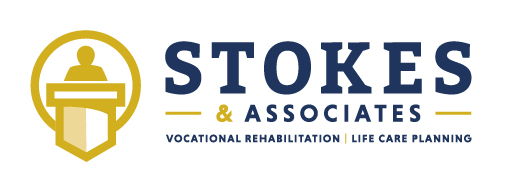Pediatric Life Care Planning - In Amputation Injuries
When conducting a life care plan for a child with an amputation injury, the specific treatment needs can vary considerably among amputation types and changing needs of the individual because of growth and development through aging. An adult who becomes an amputee as a child will have different needs than those who became an amputee as an adult (Reddick-Grisham, 2004).
One difference when conducting a pediatric life care plan for amputation injuries is bone overgrowth, which can appear until the child reaches skeletal maturity. Therefore, the life care planner will need to consider surgeries to correct bone overgrowth. There could also be complications associated with early onset of degenerative conditions, for example, overuse injuries of the other limb/joints as a result of an amputation. This overuse could result in the need for orthopedic treatment, therapy, or surgeries as the individual ages.
Another main difference between adult and pediatric life care planning is the replacement frequency of prosthetic devices and associated supplies due to the child's growth and development rate. A child will need their prosthesis replaced more frequently than an adult, and this replacement frequency should be considered and included until the child reaches adulthood.
As in all amputation cases, aids for independent function will need to be addressed and included in the life care plan accordingly. For individuals with upper extremity amputations, items such as a toothpaste dispenser, a rocker knife, and a button hook can assist significantly with activities of daily living. Adaptive clothing may also be necessary. Adaptive devices to help the child engage in extracurricular activities may need to be included in the plan.
As the child ages, there will be additional needs to consider, such as vehicle modifications and adaptations, architectural renovations, as well as vocational and educational implications. When aging with an amputation injury, other considerations may include wheelchair needs for long-distance ambulation and the increased need for assistance, including home care or facility care.
We offer complimentary consultations concerning "hypothetical matters." To strategize with one of our life care plan or vocational experts at Stokes & Associates, please call David Barrett at 504-454-5009 or email dbarrett@stokesassociates.com.
Larry S. Stokes, Ph.D.
Aaron Wolfson, Ph.D.
Lacy Sapp, Ph.D.
Todd Capielano, M.Ed., LRC, CRC, LPC, CLC
Ashley Lastrapes, MHS, CRC, CCM, CLCP, LPC, LRC
Brandy Bradley, MHS, CRC, LRC, CLCP
